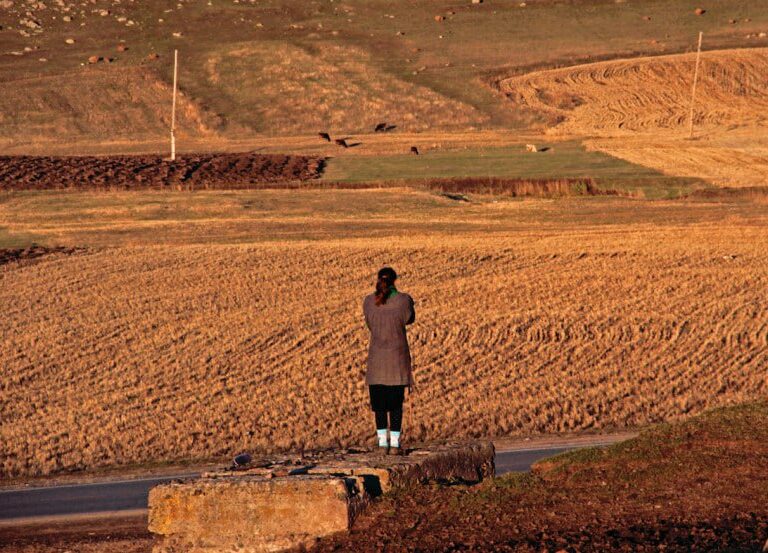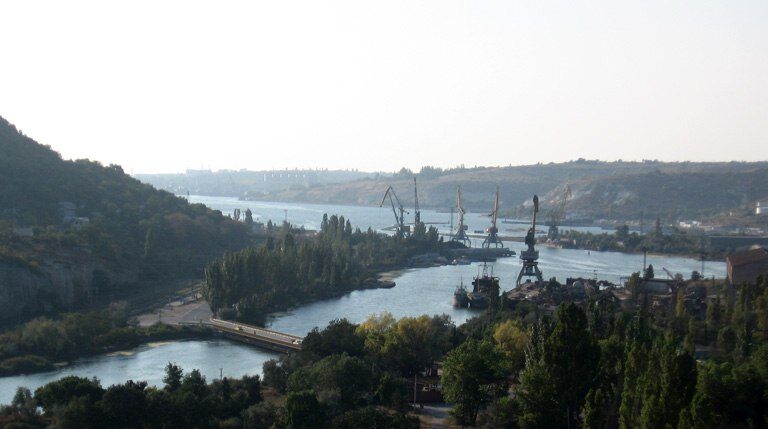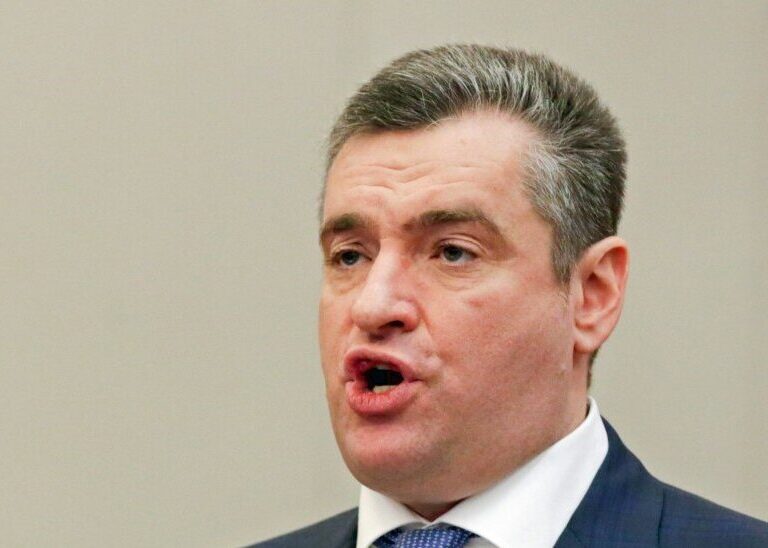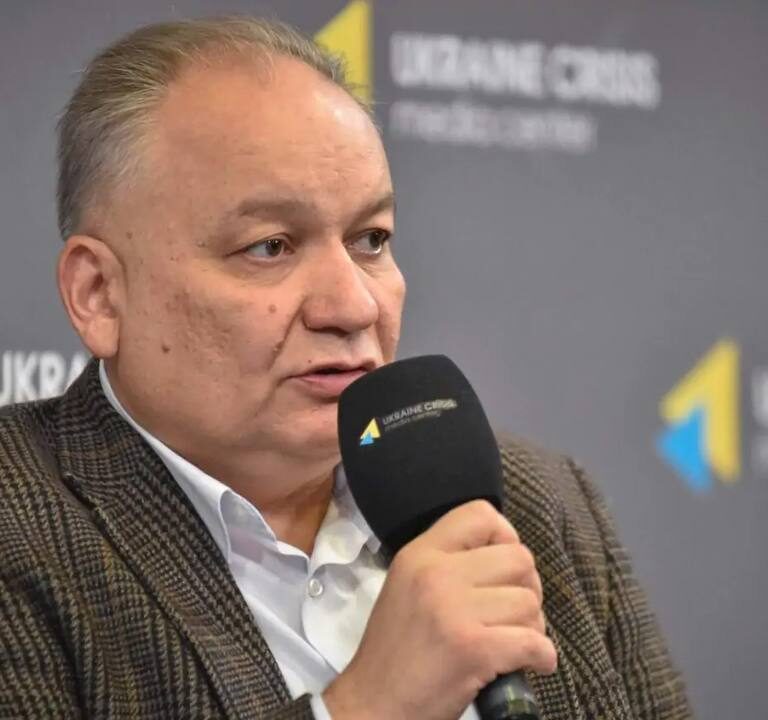In the second year of the war, the aggressor worries less and less about a certain “plausibility” of his criminal system of control in the occupied Crimea. Among other things, the aggressor announced the illegal use of the “remote electronic voting” system on the peninsula in the pseudo “elections” on September 10; in a number of regions of Russia itself, this system for generating any results the authorities need has existed for several years, and the main “sport” of the authorities there is the “maximum percentage of voters” who applied to vote online.
At the same time, the Crimean collaborators most likely “did not realize the importance of the task” and drew “slightly more than 3 thousand statements” for “remote voting”; since this is “less than one percent of the voters,” the head of the Russia’s Central Election Commission, Ella Pamfilova, criminally arrived on the occupied peninsula with the “distribution of instructions”.
However, in other “administrative spheres” the aggressor’s actions proceed according to a criminal plan; for example, they recently drove collaborators at the local level to the “association of rural settlements” of the Crimea, where they were asked to “initiate changes to the republican law” on the “transfer of powers” “from villages to the district level”.







